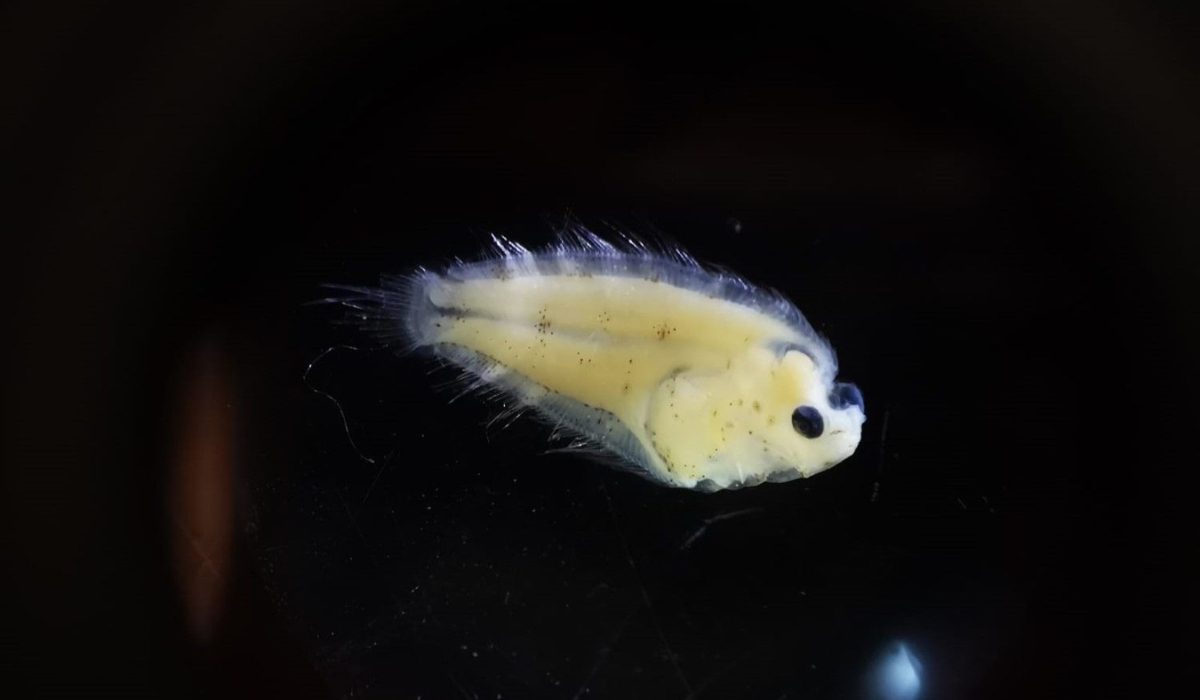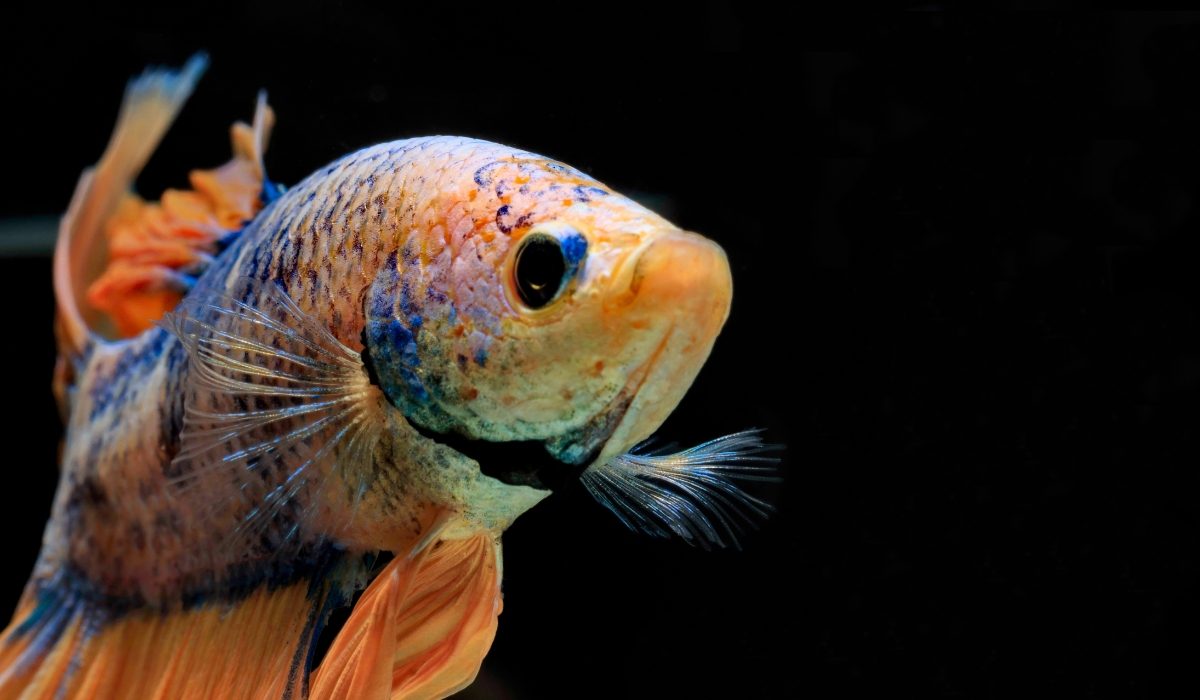In pelagic ecosystems, food webs are intricate networks where energy flows from primary producers, like microscopic phytoplankton, via small zooplankton such as copepods, to larger predators such as fish, birds, cetacean and seals. Some of this energy and organic matter also goes to fuel sea-bed communities. These interconnected relationships form the backbone of marine biodiversity.
The complexity of these food webs is crucial for ecosystem stability, as it supports a rich diversity of life and helps marine environments adapt to changes.
The openness of marine ecosystems, lack of specialists, some long lifespans, and large size changes across the life histories of many marine species can collectively make marine food webs more highly connected than their terrestrial and freshwater counterparts.
This stability and connectivity is essential for the effective functioning of the services that pelagic food webs supply such as: Energy transfer, Nutrient cycling, Climate regulation, Biodiversity, and Fisheries
Fisheries depend heavily on the health and stability of marine food webs. When food web dynamics are disrupted, it can lead to shifts in fish populations, affecting both biodiversity and the sustainability of fishing industries. For example, a decline in plankton due to environmental stress can have a cascading effect, reducing fish stocks that rely on them for sustenance. Sustainable fishing practices aim to preserve the balance of these food webs, ensuring that marine resources remain viable for future generations.


Effective management of food webs and fisheries requires a balanced approach that considers ecological and economic needs. By monitoring fish populations and implementing regulations, such as catch limits, marine conservationists and policymakers work to maintain the integrity of food webs. These measures help prevent overfishing and ensure that marine ecosystems can recover and thrive, supporting both biodiversity and the communities that rely on fisheries for their livelihoods.
Economic theory shows that better-regulated fisheries are more profitable as well as more sustainable.